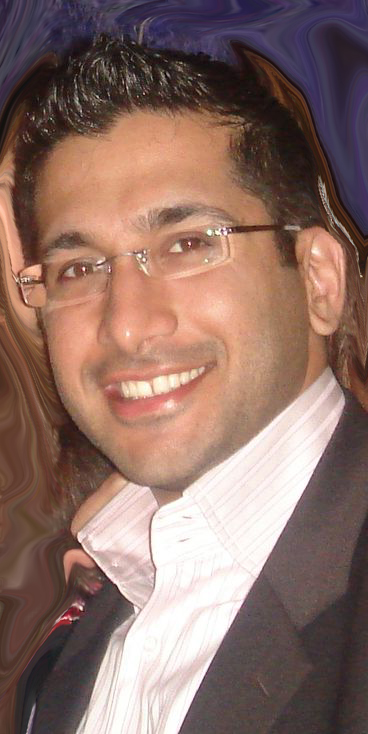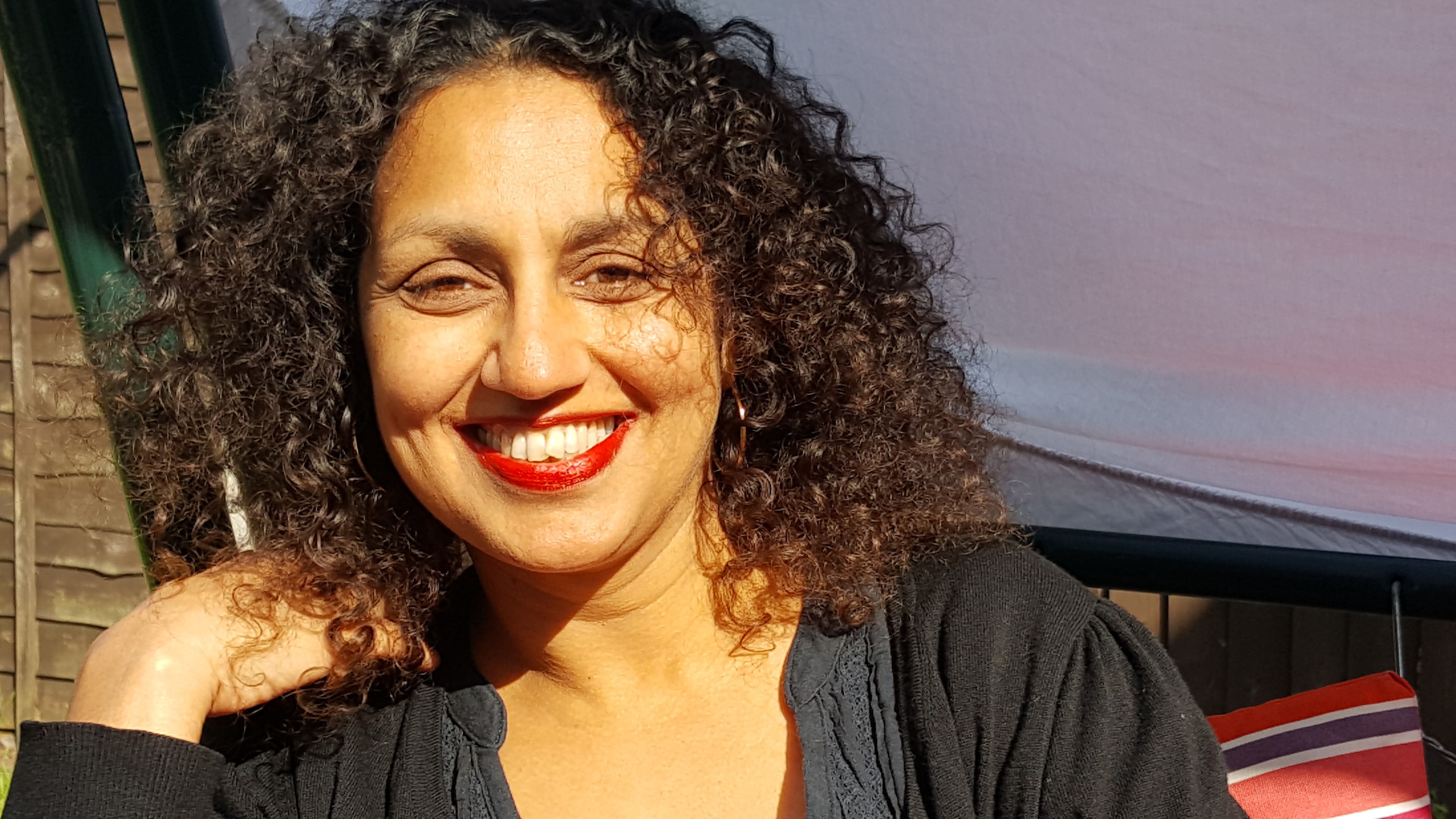Could you please tell our readers a bit more about yourself and your book, in less than 100 words?
I moved to New York where I worked as a Business Development Manager for three years. In 2002, I returned to Nigeria where I currently reside and run a trading company. I’ve been writing for Beyond Sindh since 2004
and have published numerous articles in the quarterly publication. My story entitled ‘The Love Letter‘ won the Mirage Book short story contest and was published in an anthology titled Inner Voices in January 2009.
You start your book with an authors note, which tells us you’ve been through a similar experience to Om – what was the process of writing like for you? Was it difficult or did it enable you to overcome your demons once and for all?
Fortunately when I began writing The Journey of Om, my experience with a cheating partner was in my past. I had long since come to terms with it which, I think was vital in order for me to to do justice to the novel. It enabled me to reach back and touch the emotions I had once experienced and express them, without being entirely enveloped by them. Although I initially did feel a slight discomfort when reliving the event, I was quite comfortable as I continued to write.
So just to clarify is this a semi/ autobiographical novel, or did you blur fact and ficiton or is it entirely made up?
I have inserted certain experiences of my life in the novel however The Journey of Om is a predominately fictional story. That said I would also like to state that The Journey of Om is everyone persons story on one level or another. The experiences that the characters live through echo what people go through in every day life. So even though it is fiction, I’d have to say that it is our autobiography.
Stories help us to understand the world around us, what personal message did you hope to convey by telling your story?
My message was simple, those who experience tragedies like Om, Arun and Mona do in the book, are not alone. In the bleakest of times when we suffer those experiences indviduals can’t help but feel forsaken. The Journey of Om illustrates that is not the case. There are others, who have not only suffered through the same tragedies but they have overcome it and are better for it. The feedback I have received from most of the readers where they state that they can relate to the story and feel that the words they are reading on the page are their own, convinces me that I have achieved what I set out to do which is thoroughly rewarding.
There’s a lot of dialogue in the book and I felt that I was nosing into people’s conversations – what were you hoping to achieve by using lots of dialogue in the book?
When we meet individuals in our day to day activities, we form our judgements one the basis of a few factors, one of them being what they say. With The Journey of Om, I wanted to duplicate that factor and make the story as realistic as possible, in turn, making it that much more relate-able for the readers. The dialogue allows the reader to learn about the chracters in the novel without having their traits scripted for them in the text.
What do you think your book tells us about life and each of our respective journeys?
Besides illustrating that we aren’t alone with regard to the mishaps that take place in our lives, I feel The Journey of Om sheds light on another fact. I feel that wherever we are in the time-line of our life, we are bound to the people that are present in our life at that very point, for specific reasons. Each and everyone has a role to play. Perhaps to teach us, to support us or simply to amuse and entertain us. The fact is, there is a bond and a purpose.
What were your expectations once you’d completed the novel? Did you write it for publication or was that just a bonus?
Truthfully, I sort of stumbled on to my writing career and never started out thinking I’d write a book. The Journey of Om started of as a 12 page short story that I wrote for fun. Over time I added to it and it gradually developed in to a novel. I received a great deal of positive feedback when I was half way through it and decided to show to an agent. Her response encouraged me to complete it and get it published. Now that I see it sitting on the shelves of book stores, it’s a dream come true.
Could you tell us a bit more about how you found a literary agent and what that relationship was like?
A friend who was a fan of my articles caught wind of my book. She turned me on to an agent, Sherna Khambatta, who read the manuscript and was incredibly encouraging. She was patient and answered all the questions I had, putting all my fears to ease, as she does till today. She worked relentlessly to find a publisher all the while keeping in me in the loop. I’d have to say Sherna was tremendously professional and I genuinely felt that she had my best interests in mind. She was instrumental in getting the book to where it is today as well as making sure that it made its way on to Amazon’s Kindle.
Where did you find the motivation to overcome that destructive path?
Thankfully I never ventured on a destructive path. As for Om’s dance with alcoholism, that would fall under the realm of fiction. The difficult part I personally had to deal with was recovering and coming to terms with the betrayal. Time and a strong support system of friends and family got me through the hard times and eventually, it was just one of life’s experiences. At the end of it all I used the knowledge and insight gained to help others by writing an article about how to recover from break ups which was published in Beyond Sindh and is available on my website, www.chandrubhojwani.com
What advice would you give to anyone who is thinking of writing their own story?
Writing a novel can be a daunting prospect. My suggestion would be to not allow yourself to be overwhelmed or dejected but to stay the course and get that first draft down. Once you achieve that, you have something to work with which can evolve in to a piece of work you can be proud of. You may meet naysayers and detractors on the but don’t ever let that steer you of your path. Be open to criticism but take what makes sense to you and convinces you that it’ll improve the book. At the end of it it all, remember to be persistent and positive.
Chandru was born in Africa and raised between Nigeria, India and the UK. With a masters in International business from the University of Westminster, he moved to New York where he worked as a Business Development Manager for three years. In 2002, he returned to Nigeria where he currently reside and runs a trading company. Chandru has been writing for Beyond Sindh since 2004 and has published numerous articles in the quarterly publication. His story entitled ‘The Love Letter‘ won the Mirage Book short story contest and was published in an anthology titled Inner Voices in January 2009. You can find out more by visiting www.chandrubhojwani.com

